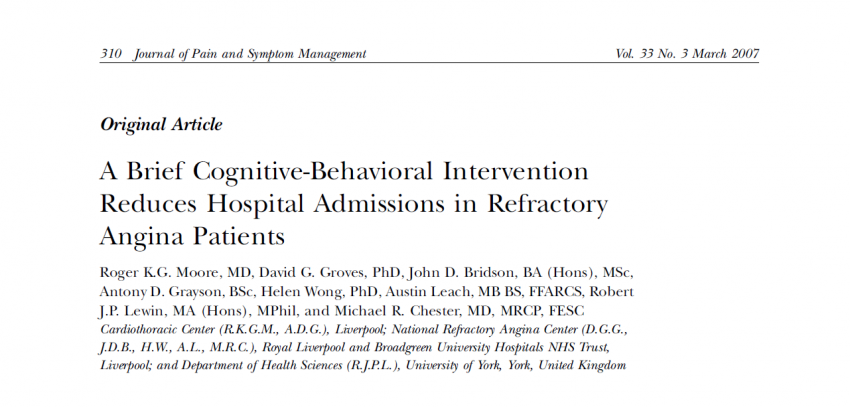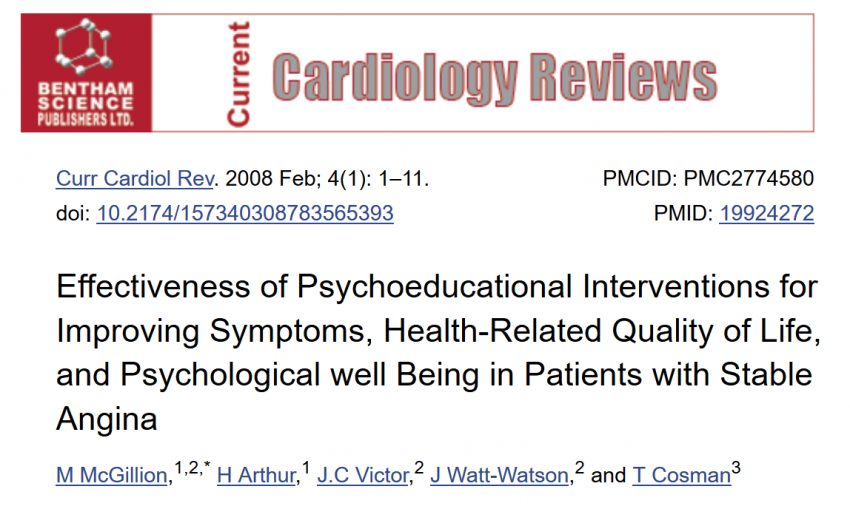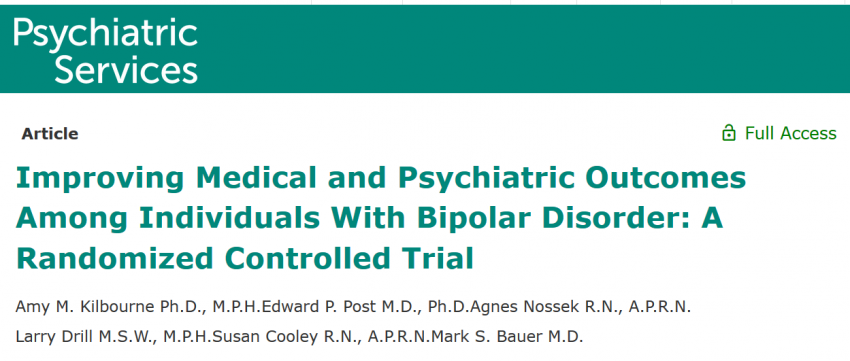Cognitive-behavioural chronic disease management program (CB-CDMP) reduces hospital admissions and bed-occupancy in patients with frequent admissions with chest pain
This is a study that was published in 2007. [1] 271 patients with chronic refractory angina patients were enrolled in CB-CDMP. Total hospital admissions were reduced from 2.40 admissions per patient per year to 1.78 admissions per patient per year (P<0.001). The rising trend of total hospital bed day occupancy prior to enrollment fell from…






